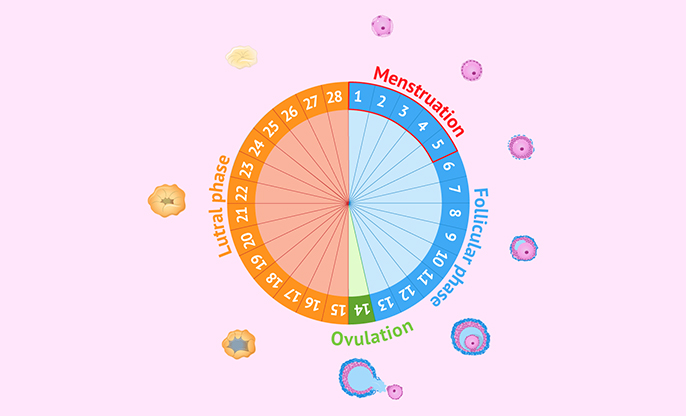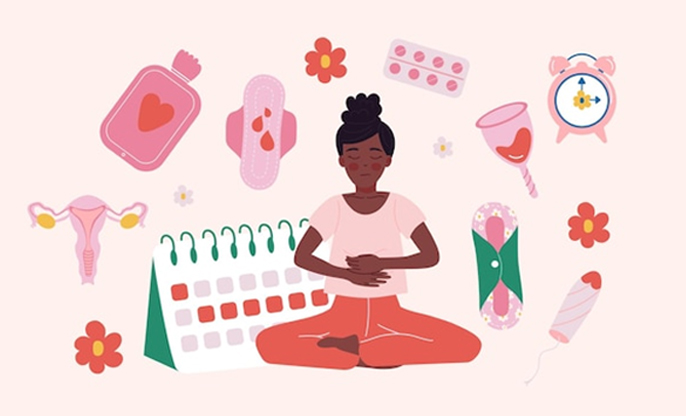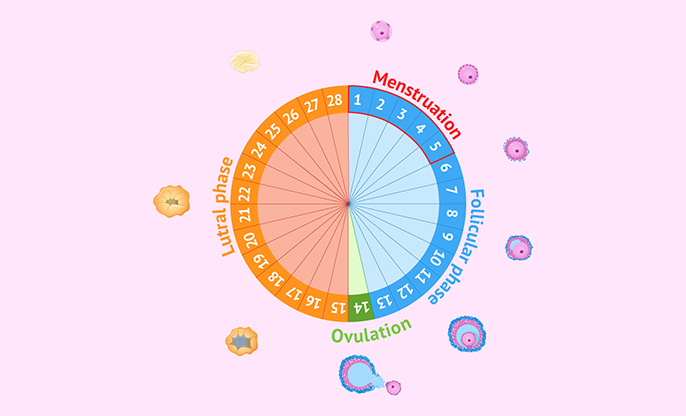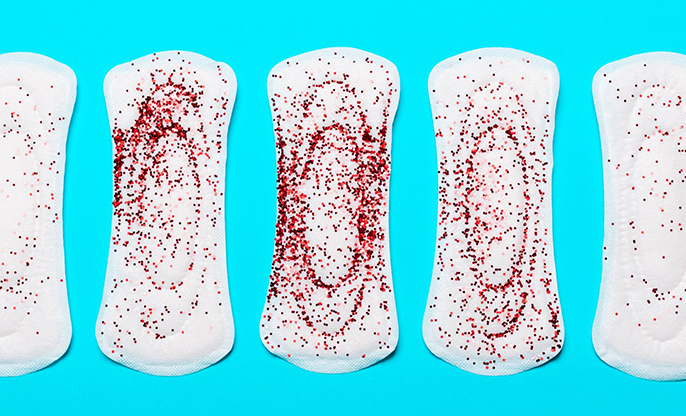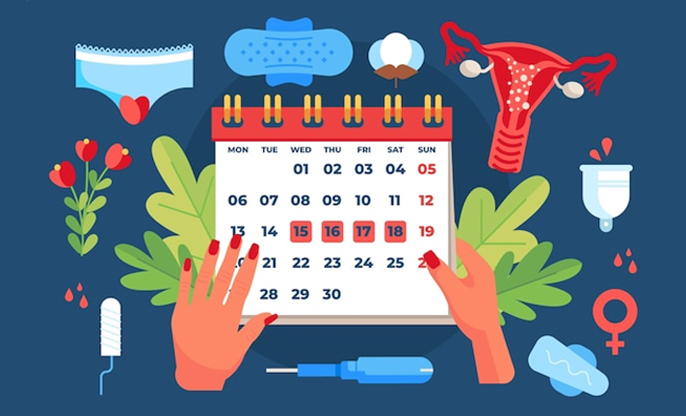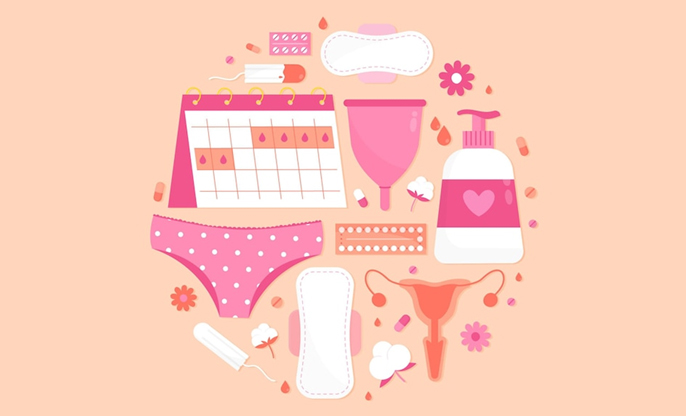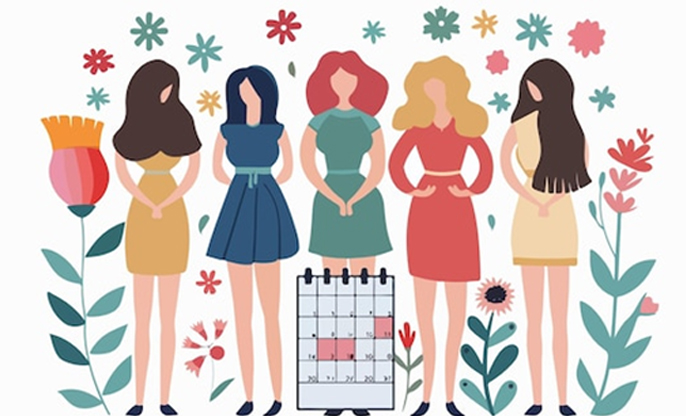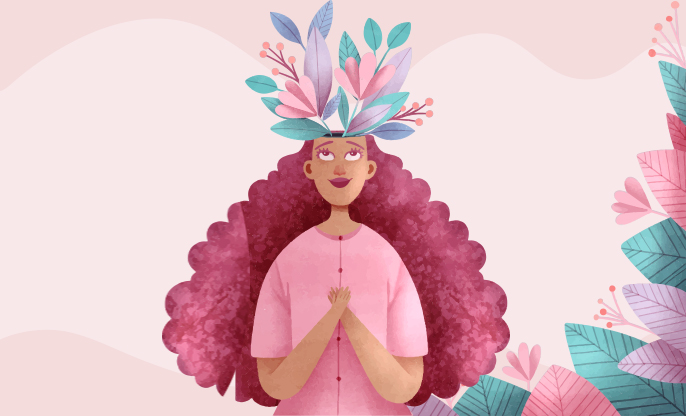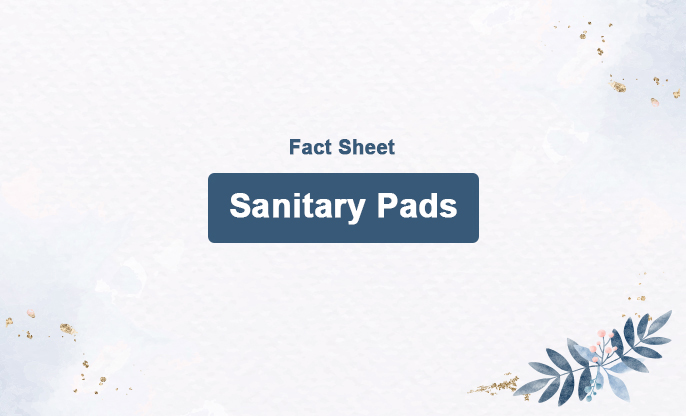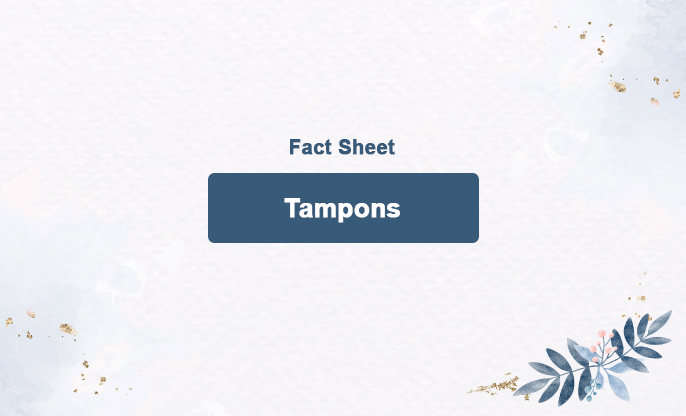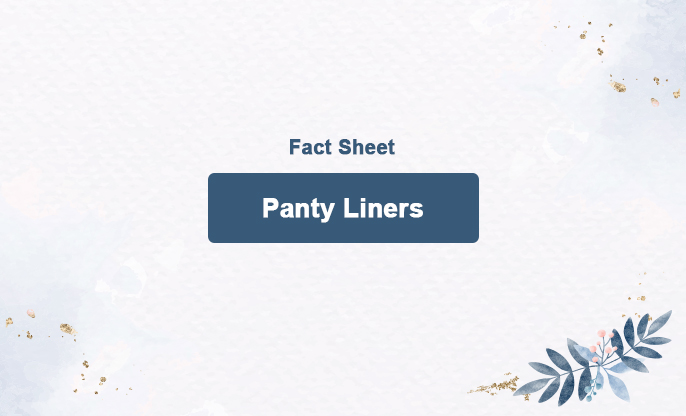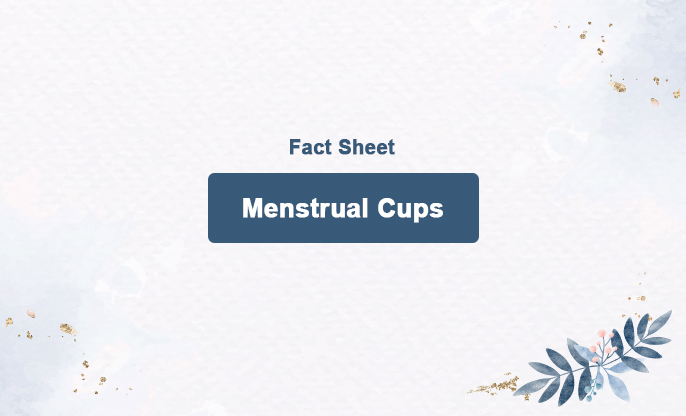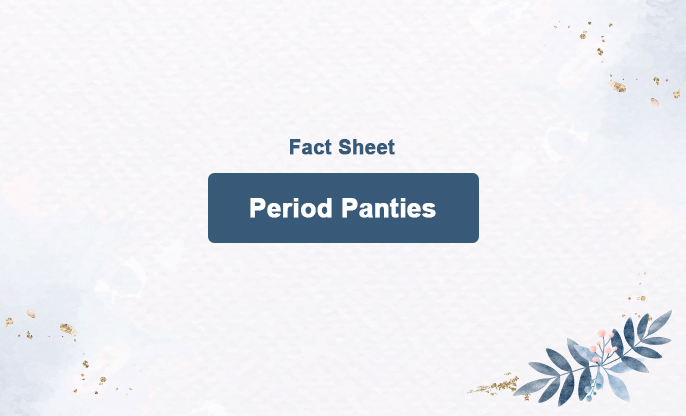
Confronting
Stigma and Myths Around Menstruation
Menstruation is a natural part of life, yet it's wrapped in stigmas and myths that span cultures across the globe. These harmful beliefs not only foster discrimination but also stall progress towards gender equality and better health for women and girls. Let's delve into how these stigmas shape our experiences and discuss what can be done to challenge them.
Unpacking the
Stigma and Cultural Myths
- Impurity and Contamination: In
many parts of the world, if you're menstruating, you might be seen as
'unclean.' For example, in some South Asian communities, you might be kept
out of the kitchen or away from places of worship during your period. This
notion of impurity can bar you from religious and community activities,
isolating you just when support is most needed.
- Isolation Practices: Consider Chhaupadi in Nepal,
where women are sent to small, isolated huts during their periods. This
practice not only isolates but also puts women's health and safety at
risk.
- Daily Restrictions: It's shocking how in some
cultures, women are restricted from normal daily activities. You might
find yourself barred from cooking or even bathing with beliefs that you
could 'contaminate' food or pollute water sources during your menstrual
cycle.
- Silence and Secrecy: One of the most common issues we face globally is the silence surrounding menstruation. Many cultures treat it as a private or shameful topic, not open for discussion, which leaves many girls frightened and unprepared for a natural part of life.
Global Impact of
Menstrual Stigma
The repercussions are significant:
● Health Risks: Sticking to old
wives’ tales and unsafe practices can lead to severe health problems, from
infections to lasting reproductive issues.
● Educational Setbacks: Too many
girls skip school or even drop out because they lack the resources or support
they need during their periods, which can change the course of their future.
● Psychological Effects: The
weight of stigma can lead to anxiety, crush your self-esteem, and affect your
overall happiness.
● Economic Consequences: When women miss work because the workplace is unsupportive, or because they’re unwell from poor menstrual health management, it affects financial independence and economic participation.
Steps to Break
the Menstrual Stigma
There's a growing movement to shatter these outdated
beliefs:
● Education and Awareness: Teaching
everyone about menstruation demystifies it. Knowledge can empower us, change
narratives, and build supportive communities.
● Community Engagement: When
community leaders step up to educate and advocate, it can change deep-seated
beliefs and practices.
● Policy and Infrastructure: More and
more, governments and organizations see the need to provide better access to
menstrual products and safe, clean places to use them.
● Media and Advocacy: Using the power of media to openly discuss menstruation helps normalize these conversations and reduces stigma.
Breaking the cycle of myths and stigma around menstruation takes effort from all of us. It’s about changing how society views this natural process, ensuring that it’s seen not as a barrier but as a part of life that deserves respect and understanding. Together, by promoting openness, support, and respect, we can transform how menstruation is perceived and experienced worldwide.
